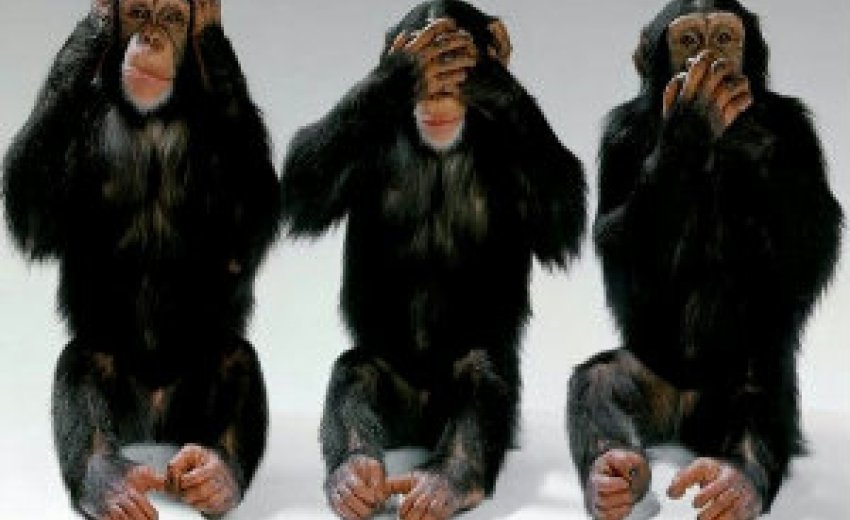 Sikh religion does not adhere to the concept of evil, rather the belief is in a person's potential for positive or negative acts. This is also consistent with the tenets of psychiatric or psychological sciences. Sikhism considers treatment for mental health in the same manner as it does for physical illnesses, focusing on aspects of an individual that are problematic either for the individual or society.
Sikh religion does not adhere to the concept of evil, rather the belief is in a person's potential for positive or negative acts. This is also consistent with the tenets of psychiatric or psychological sciences. Sikhism considers treatment for mental health in the same manner as it does for physical illnesses, focusing on aspects of an individual that are problematic either for the individual or society.
Mental illness can take a variety of forms: pathological, psychopathic, sociopathic behaviour are all aspects of mental illness. In some mental illnesses, individuals can become extremely paranoid and scared that they are the target of harm/persecution.
These delusions are not based in reality. They may hear terrifying voices telling them that others are planning to hurt them. These people are not evil. Some can become violent, hurting others in an effort to protect themselves from perceived dangers. Psychiatric intervention is critical and potentially lifesaving, in such cases. Medications can reduce the intensity of symptoms so that patients are less burdened by threatening thoughts and voices and become more connected to reality.
Spirituality, like social and family support, is a critical adjunct to psychiatric and psychological treatment, but not a solo treatment or cure for mental illness.
An impoverished spirit is constantly driven by the need to satisfy "me" even at the expense of others, because "me" is most important and perhaps superior for that person. Spiritual and religious support is critical nourishment for an impoverished spirit.
AJIT SINGH SAHOTA is a founding member of the Sikh National Archives of Canada; he was president of the World Sikh Organization of Canada from 2001 to 2005.
© Copyright (c) The Ottawa Citizen
